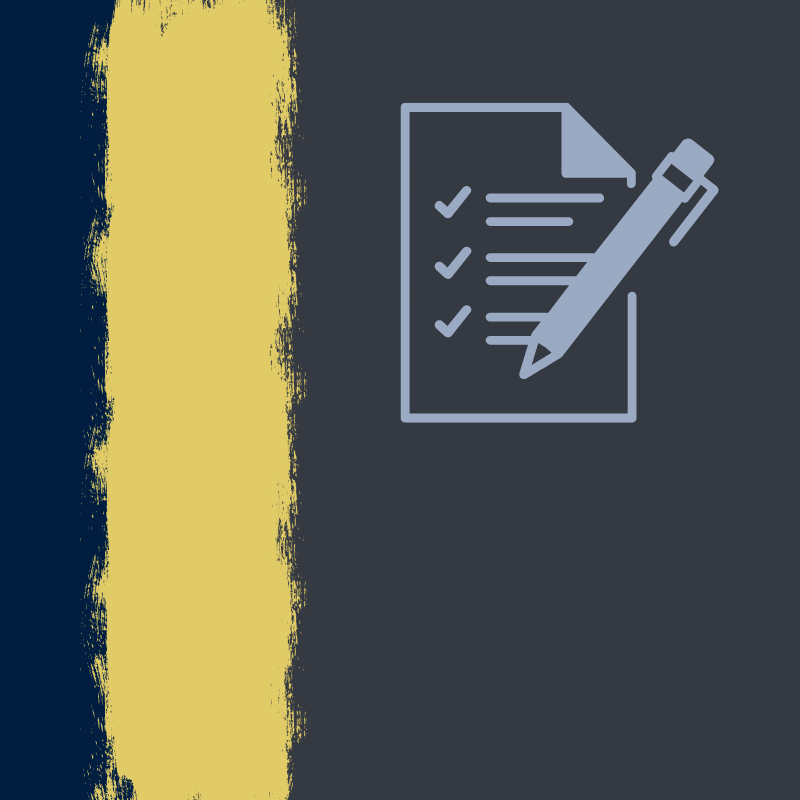Application Guidelines

The primary goal of all of our Certificate Programs is not simply knowledge, but effective implementation of a local reform effort. We study “what works” and collaborate with leaders to bridge the gap between theory and practice. Changing systems and practices is hard work, and an effective team is critical. Thus, one of the first steps in applying to join one of our programs is to form a multi-disciplinary group of individuals that can engage in that hard work after the training ends. This page will help guide you in that effort.
Team Size and Composition
Applicants are strongly encouraged to apply as a team of up to ten individuals from the same jurisdiction. However, smaller teams may be appropriate depending on the scope and focus of a particular jurisdiction. Teams should be comprised of applicants with demonstrated readiness for implementing reforms, especially efforts that engage leaders in other systems of care.
We encourage team members come from different systems of care, as this will be necessary to tackle reform efforts. Potential team members could include senior leaders from:
- Juvenile Justice
- Child Welfare
- Probation
- Behavioral Health
- Court System
- Education
- Law Enforcement
- Community Partners
- Legal Community
- Youth and family representatives
Please be sure to reference the Request for Applications for the Certificate Program you are applying for regarding team composition, as some programs require specific team members.
Forming a Team
Questions to consider when forming a team include:
- What are the specific issues facing your jurisdiction?
- What partnerships/working groups currently exist?
- What past and present reform efforts exist in your jurisdiction?
- What funding sources exist to support a team in attending the program, and will tuition assistance be necessary?
Research Past Reform Efforts
Outside of these questions, take a look at previous participants of our Certificate Programs to get a sense of what made their teams successful. In particular, check out the Fellows Network page, as well as the Testimonials page for inspiration.
Tuition
Georgetown-based Certificate Program tuition costs are listed below:
| Certificate Program | Tuition |
|---|---|
| Advancing Racial Justice and Equity in Youth Legal Systems | $3,250 |
| School-Justice Partnerships and Diversion Pathways | $2,750 |
| Supporting the Well-Being of System Involved LGBTQ Youth | $2,750 |
| Virtual Supporting the Well-Being of System Involved LGBTQ Youth | $2,000 |
| Youth in Custody | $3,000 |
Please note that tuition for Certificate Programs does not include travel, hotel or incidental expenses, and programs not run at Georgetown have a different cost structure. See individual Certificate Program pages for additional details.
Subsidies
Tuition assistance is available through our Janet Reno Scholarships. These competitive scholarships of up to $1,000 per person will be provided to teams that show a heightened readiness to utilize the curriculum to undertake changes in their local community, as determined by the Center’s review of the individual and team applicants. Heightened readiness will be assessed based on the following factors:
- Understanding of the issues: A thoughtful understanding of issues, such as specific policies and practices that remain to be addressed in the juvenile justice system in your jurisdiction.
- Leadership: A description of contributions team members have made or are able to make to reform efforts, and to advocating for this issue to become a priority.
- Capacity to use data in order to support and measure the impact of reform efforts: Specific references to data describing the issues identified in your jurisdiction.
- Family engagement: The history of, and/or strategy to pursue, efforts to effectively engage families in order to better serve the youth in your jurisdiction.
- Efficacy: A detailed description of challenges or barriers encountered in previous reform efforts, and an understanding of successful and unsuccessful strategies to eliminate barriers.
- Capacity and willingness to collaborate (within your team and with others): An analysis of each team member’s role, influence and resources, and a description of any history of successful collaboration and reform efforts.
- Available resources: An analysis of the available resources within your jurisdiction, as well as capacity and strategy to obtain resources to implement the reform effort.
There will also be a separate category of need-based subsidies available through the Center to support the participation of individuals and teams with demonstrated need.
To apply for a subsidy, please submit a Statement of Financial Need with your application to the program and indicate the amount of aid you are requesting.
Other Funding Options
We strongly urge participants to seek other forms of financial assistance beyond that provided by Georgetown University or the applicant’s own agency. Local, state and regional level foundations are often supportive of this type of training activity and may be able to provide grants.
For education professionals, participating in a Certificate Program may be considered a staff development activity, which is, a permissible expense of Title I dollars, including Title I, Part D funds. Participants should contact their Neglected and Delinquent State Coordinator or Title I Director to request approval for the use of Title I funds to support their participation in a program.
Title IV-E of the Child Abuse and Prevention Treatment Act may also support this type of training activity for eligible candidates, as will funds available to states and localities through the Juvenile Justice and Delinquency Prevention Act.
State Court Improvement Programs may also support candidates participating in a program. Applicants are encouraged to contact their state’s administering agency for more information.
